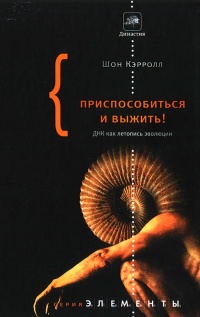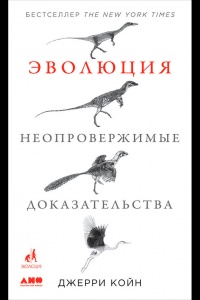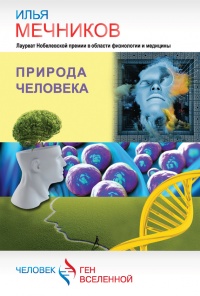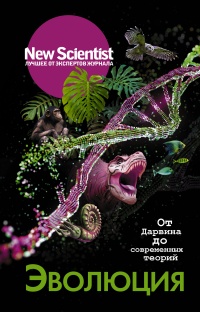Книга Дарвин в городе: как эволюция продолжается в городских джунглях - Менно Схилтхёйзен
Читать книгу Дарвин в городе: как эволюция продолжается в городских джунглях - Менно Схилтхёйзен полностью.
Шрифт:
-
+
Интервал:
-
+
Закладка:
Сделать
Перейти на страницу:
Перейти на страницу:
Книги схожие с книгой «Дарвин в городе: как эволюция продолжается в городских джунглях - Менно Схилтхёйзен» от автора - Менно Схилтхёйзен:
Комментарии и отзывы (0) к книге "Дарвин в городе: как эволюция продолжается в городских джунглях - Менно Схилтхёйзен"












